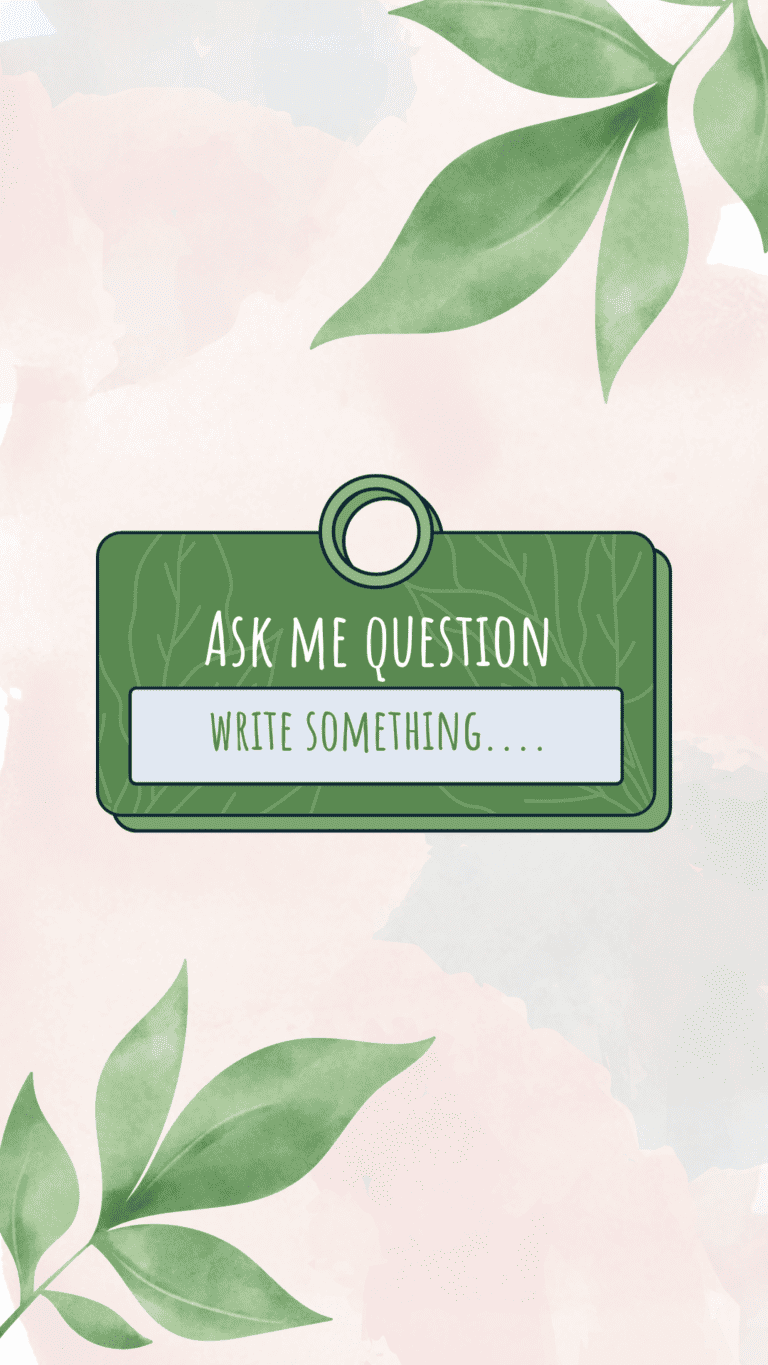A question I’m often asked is, ‘How long does it take to heal? When will my symptoms completely heal?’ It’s a heartfelt query, reflecting a deep desire for healing 🌟. From a Somatic Experiencing perspective, it’s important to recognize that healing isn’t just about time; it’s about creating the right conditions for our nervous system to thrive. Think of it as nurturing a garden 🌼.Our nervous system, much like a delicate plant, needs specific elements to flourish - safety 🛡️, space 🌌, choice 💭, autonomy 🕊️, boundaries ⚖️, support 🤝, containment, and co-regulation. These elements are akin to the soil, water, and sunlight needed for our inner garden to bloom 🌸.When we lack these conditions early on, our system may default to self-protection modes like fight, flight, freeze, or shutdown 🛑. This is our body’s natural response to trauma. Chronic activation of these states can lead to persistent symptoms such as unexplained pain, fatigue, anxiety, and depression. But remember, ‘regulation’ isn’t a destination; it’s a journey 🚶♀️🚶♂️.Imagine teaching our body that it can experience moments of safety, however small they may be. This awareness, this re-learning, lays the foundation for healing 🧱. As we work with our body, not against it, we establish the conditions to process and release stored stress, easing our symptoms.In this journey, you are the gardener of your own wellbeing, tenderly tending to your needs, step by step, towards a future of resilience and inner peace 🌿.Remember- healing is a personal path, where small, consistent steps can lead to significant changes in your wellbeing.
